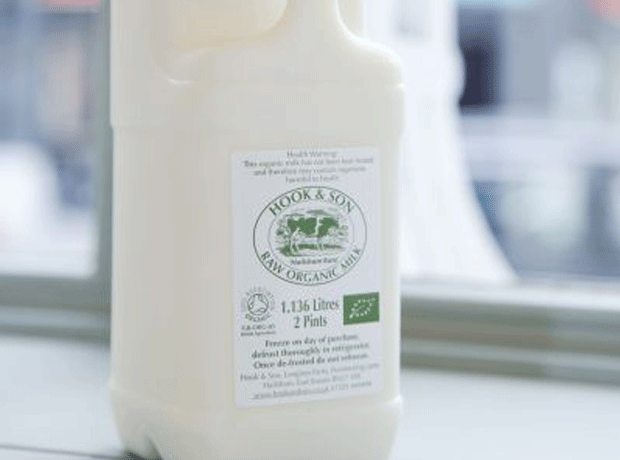
The FSA has seemingly discounted the possibility of widening the sale of raw cow’s milk in the short-term, due to “uncertainty” that consumer protection can be maintained if the market is expanded.
A paper on the matter which was published today (3 July), and will be discussed at the FSA board’s next meeting on 15 July, found that the risks associated with raw drinking milk (RDM) consumption, except for vulnerable groups, were “acceptable when appropriate hygiene controls are applied”.
However, it stopped short of recommending its wider sale due to the “absence of a quantitative risk assessment and limitations in the evidence base” of the product.
“The FSA considers the principles underpinning a provision for restricted wider sales are sound but it is not appropriate to pursue such a provision at this time,” the 16-page paper said.
“Recent evidence indicates levels of non-compliance with statutory microbiological criteria and hygiene standards are relatively high,” it warned.
“It would not be appropriate to introduce flexibilities to allow wider sales until there is evidence showing that current controls are being applied consistently and effectively across the sector,” said the FSA, adding that currently “only occasional unsatisfactory sampling and testing results or non-compliances with hygiene standards are reported”.
The food standards watchdog embarked on a review of the sale of RDM in October 2013 with a public consultation into the regulation and sale of the product.
Findings from the consultation included calls for the modernisation and liberalisation of current controls, citing strong support from consumers and producers for continued, wider and controlled access.
The FSA delayed any decision on the liberalisation of its sale last July pending further research, and further delayed its findings in January while further evidence was gathered and analysed – including a review by the European Food Safety Authority (EFSA) – which stated it could not quantify the public health risks associated with raw milk in the EU due to data gaps.
Current controls restrict sales of cows’ RDM to direct sales to the consumer from farm premises (including farmer’s markets), milk rounds and in farmhouse catering operations across England, Wales and Northern Ireland.
Internet sales are allowed as long as these are direct from the farmer to the consumer. Sale of the product is banned in Scotland.
FSA director of policy Steve Wearne said proposed changes to labelling requirements outlined in the paper would improve risk communication of RDM consumption, particularly for vulnerable groups, while the review did not rule out future relaxation of controls if the industry showed a high level of compliance with the current rules.
“The review has been a thorough and detailed process, which has weighed up all of the relevant evidence and also the opinions of a wide-range of stakeholders,” he said.
“Throughout the review we have sought to balance the FSA’s duty of consumer protection with other priorities including consumer choice, and believe that maintaining the current provision for sale, with the possibility of wider access in the future, continues to strike this balance.”







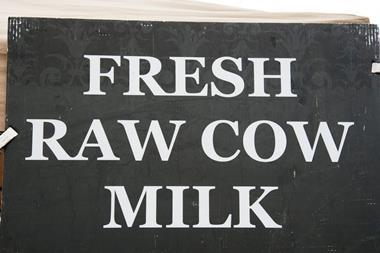
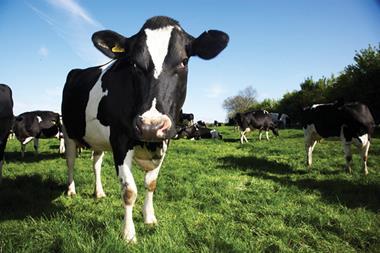
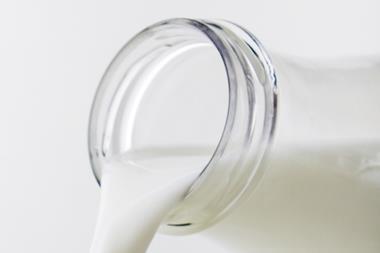
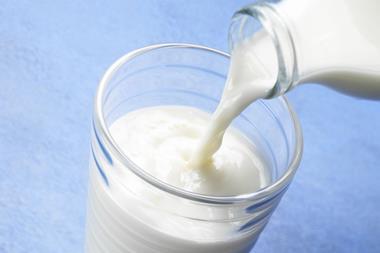
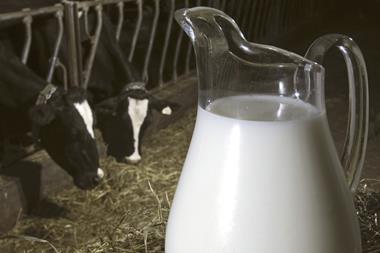






No comments yet